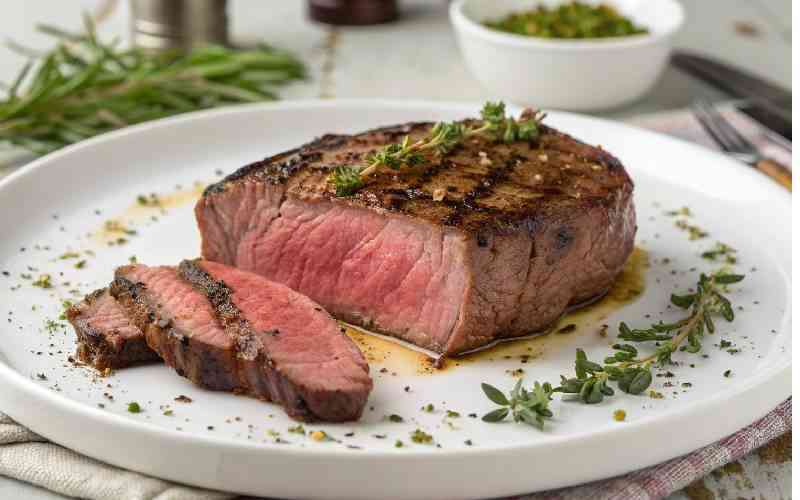
I recently followed a conversation on a weight-loss Facebook page about a lady who had an unfortunate event regarding herself and her mother’s chapatis.
The whole incident began when she visited her mum who decided to make chapatis for dinner. This caught my attention because I love chapatis. Well, I love well-made chapati.
This lady went ahead to explain how she had to leave the house until the cooking was done and everyone had eaten their dinner. Reason? The aroma was too tantalising for her and she did not want to risk falling off her diet wagon.
She was blaming wheat products for her weight gain and the difficulty she has experienced in shedding it off. Many others agreed with her, at least according to the comments on her post.
There has been a growing concern over the last few years about the negative effects of wheat and gluten on our health, with many people opting for diets free of these two.
Gluten - a group of protein naturally found in some grains like wheat, barley and rye - has been blamed for many health conditions including excessive weight gain, digestive health problems, and even cancer.
These concerns have been mainly spread through social media rather than conventional medical and public health channels.
In spite of these claims carrying some truth, gluten only affects a small population. For example, gluten can lead to serious health consequences for people with celiac disease, an auto-immune condition that affects one per cent of the world’s population.
Gluten also increases the risk of intestinal cancer in people with celiac disease. Individuals with true gluten intolerance and gluten sensitivity should also avoid foods that have gluten.
However, there is no scientific evidence that has linked wheat consumption to excess weight gain.
Wheat is one of the most nutritious grains available for human consumption. Whole wheat flour is a good source of carbohydrates, proteins, fibre, vitamins and minerals.
However, most wheat products are made using processed flour because it is easier to work with and produces better looking and better-tasting foods compared to whole grain wheat flour.
More than half of the total micro-nutrients and almost all the fibre is lost during the processing of wheat. To increase the flour’s shelf life, the germ and bran that contains most of the fibre and micronutrients are removed. What one is left with is a product high in calories but low in other nutrients.
Additionally, most wheat products like chapati and baked goods are prepared with a lot of sugar, fat and salt. Such products, if consumed regularly and in large quantities, will definitely result in weight gain and increase the risk of other health problems.

“Wheat is addictive; that is why you cannot eat just one chapati or one slice of bread. You have to eat several to get satisfied,” another commented, and many agreed.
I have interacted with people who believe wheat is addictive, who have challenges controlling their appetite for wheat products. Thing is, it is not wheat per se that causes this loss of control.
Most wheat products are high-fat, high-calorie foods. Regular consumption of high-calorie foods is thought to trigger addiction-like responses in the brain, which makes one crave more of such foods. This could explain the lack of control over-processed wheat products.
And just as I commented on the Facebook post, there is really no one particular food that can be solely blamed for excess weight gain if consumed in moderation. Ultimately, excess weight gain is a result of an imbalance between calories consumed and calories expended.

Instead of focusing on one particular food, focus on your whole diet. Choose whole foods over highly processed ones. Consume your carbohydrates with plenty of vegetables and check your portions. There is a difference between eating one chapatti and eating three.
Chapatis are not the problem. The problem is the relationship you have with them.
The writer is a registered nutritionist with Afya Bora
 The Standard Group Plc is a multi-media organization with investments in media
platforms spanning newspaper print
operations, television, radio broadcasting, digital and online services. The
Standard Group is recognized as a
leading multi-media house in Kenya with a key influence in matters of national
and international interest.
The Standard Group Plc is a multi-media organization with investments in media
platforms spanning newspaper print
operations, television, radio broadcasting, digital and online services. The
Standard Group is recognized as a
leading multi-media house in Kenya with a key influence in matters of national
and international interest.





